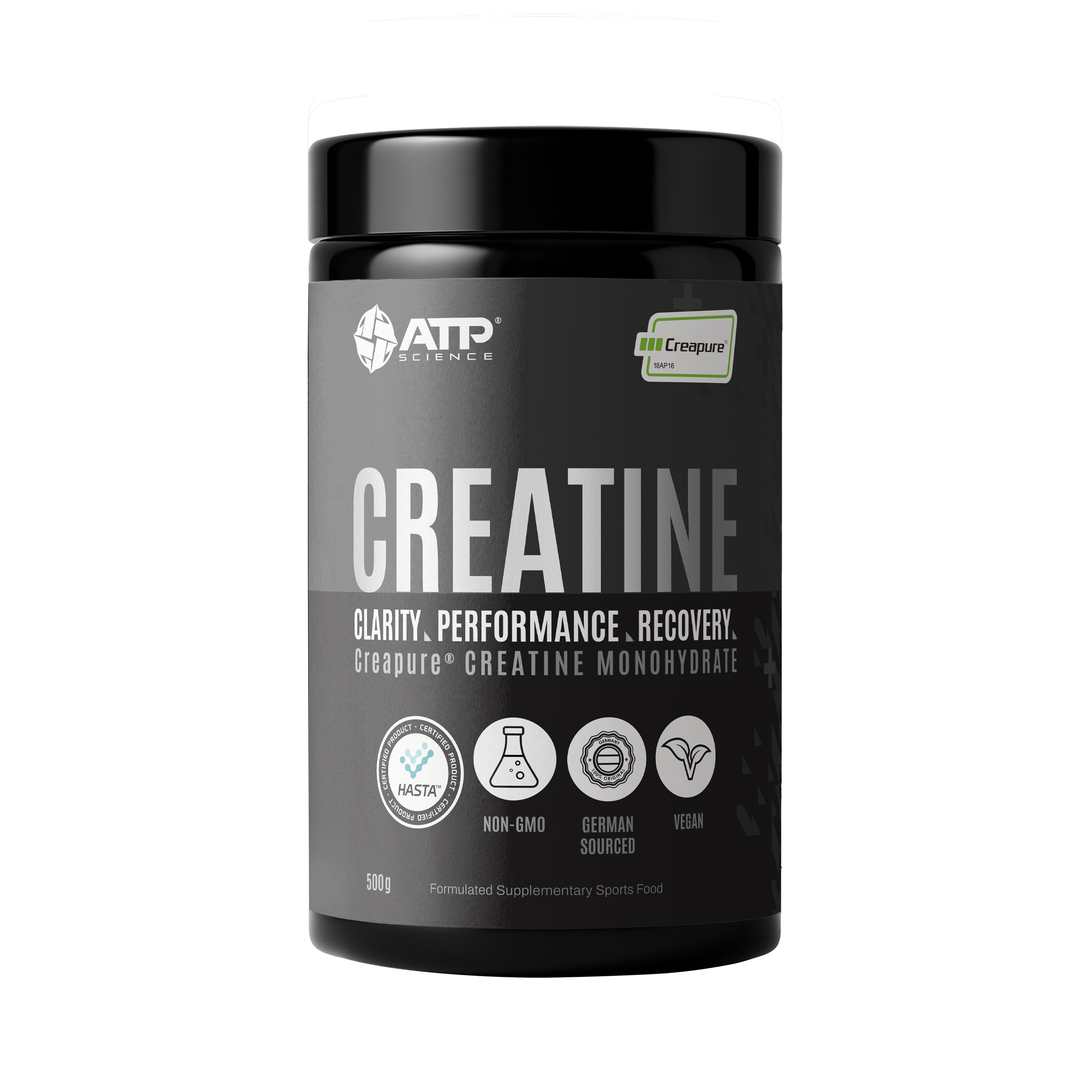Long-term activation of our sympathetic nervous system and the overexposure to cortisol and other stress hormones can disrupt many systems in the body, putting us at risk of many physical and mental health issues such as but not limited to-
- Cardiovascular issues
- Digestive issues
- Hormonal imbalances
- Sleep disturbances
- Weight gain
- Anxiety
- Depression
- Cognitive impairment
Mindfulness - is the ability to be fully present, aware of what we are doing and not being overly reactive or overwhelmed by what is going on around us. Practicing mindfulness and stress reduction techniques activates the parasympathetic nervous system, producing a calm and relaxed feeling in the mind and body, reducing anxiety, lifting our mood and strengthens our immune system.
Below are some examples of mindfulness/stress management techniques –
- Yoga – A combination of physical movement, light exercise and controlled breathing, all of which can activate our parasympathetic nervous system.
- Deep breathing – When we are under stress, we tend to shallow breath from our chest, which reduces our oxygen intake, further activating our stress response. When we perform deep abdominal breathing, our brains detect the increase of oxygen and responds by decreasing the concentration of stress hormones in the blood.
You can find examples of deep breathing on YouTube to assist with your journey...
- Progressive muscle relaxation – This involves relaxing all the muscles in your body, group by group. Begin by lying comfortably on your back, take a few deep breaths, then begin focusing on relaxing each muscle beginning with your forehead and slowly working your way all the way down to your toes. With practice you will learn to recognise in which muscles you hold tension and be able to relax more easily.
- Hugging a loved one- Physical touch can be beneficial for relieving stress. Hugging someone you love releases oxytocin; this hormone is associated with increased happiness and lower levels of stress.
- Take a walk in nature – Being in nature may reduce feelings of anger, fear and anxiety and increase feelings of calm and peacefulness and you guessed it an essential tool for mindfulness.
- Watching funny movies – Laughter can reduce levels of the stress hormones cortisol and epinephrine and increase our production of endorphins.
- Try some Essential Oils – Since ancient times Aromatherapy has been used to promote feelings calm and relaxation. Inhaling and topically applying pure essential oils stimulates the area of our brain that are responsible for emotions, which in turn reduces stress, insomnia and lifts our mood. Try adding any of the following oils to your bath water or oil diffuser - Lavender, Rose, Geranium, Sandalwood, Bergamot, Ylang Ylang and Clary sage
- Journaling – Writing about anger, fear or anxiety can help release the intensity of those feelings, allowing you to feel calmer and able to stay present. Sometimes our thoughts and emotions can become jumbled up when we feel overwhelmed, writing those thoughts down can help you get in touch with your internal world and make sense of what you are feeling.
- Unplug – Turn off the news, log out of your social media accounts and step away from your computer. Even 20 minutes a day away from what is happening in the outside world, allows you to ground yourself, breath and focus on the now.
- Gratitude – Gratitude is focusing on what you have, rather than what you don’t have. It is paying attention to the people, things and situations that bring joy to your life and make it worthwhile. By expressive gratitude, you can remain more positive, which can reduce feelings of stress and give you a sense of balance. It can avert feelings of hopelessness that can contribute to depression and anxiety, instead promoting uplifting feelings.
If you or a loved one are struggling with anxiety, depression or feeling unable to cope with your current situation, below are links to National help-lines and services that can provide support and advice.
National help-lines and services available-
https://www.lifeline.org.au/https://www.salvationarmy.org.au/need-help/professional-counselling-and-bereavement/
https://www.suicidecallbackservice.org.au/
https://www.beyondblue.org.au/
https://www.blackdoginstitute.org.au/


















